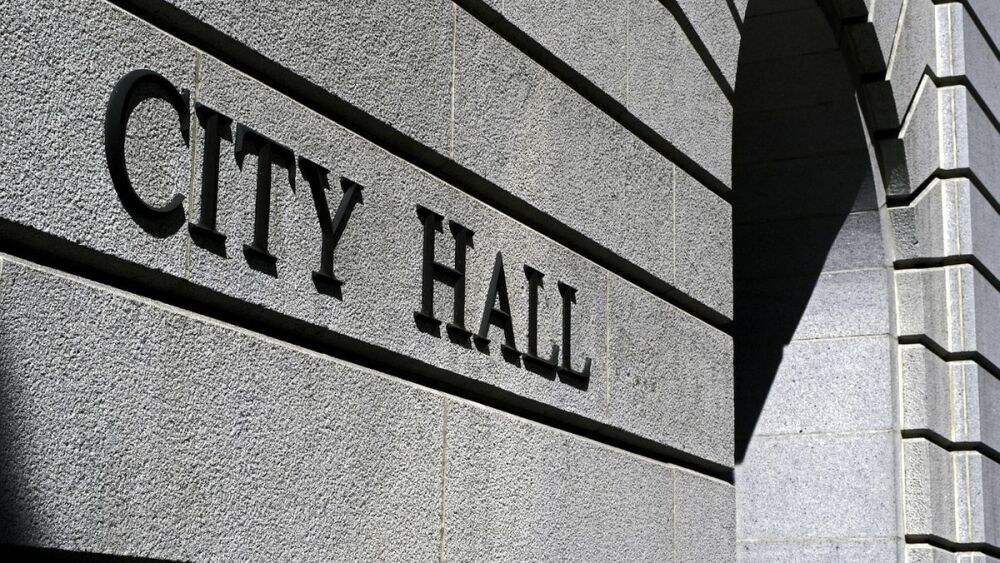By Laura Bliss
CityLab
When local governments turn to private companies to manage vital utilities like water, energy, and public health, the poorest customers often lose. By law, private utilities can set their rates based directly on the cost of their investments, which means they can charge a lot, with little concern for how that impacts low-income consumers. Unlike public utilities, private utilities do not serve a constituency—they serve investors.
But according to a forthcoming paper in the American Journal of Political Science, the public utility model has some drawbacks, too. Its reliance on public support can compromise its ability to make crucial infrastructure upgrades. As a result of poor funding, public utilities can also fail to meet federal public regulations. And yet regulators are more lenient with them than with private utilities, since harsh punishment only further hurts the public.
Public utilities need to please voters
When public utilities try to increase their rates to pay for an infrastructure update or a new treatment plant, city council members or local commissioners have to vote to approve those rates. Those voting officials are tied to a constituency.
Read full coverage here.


